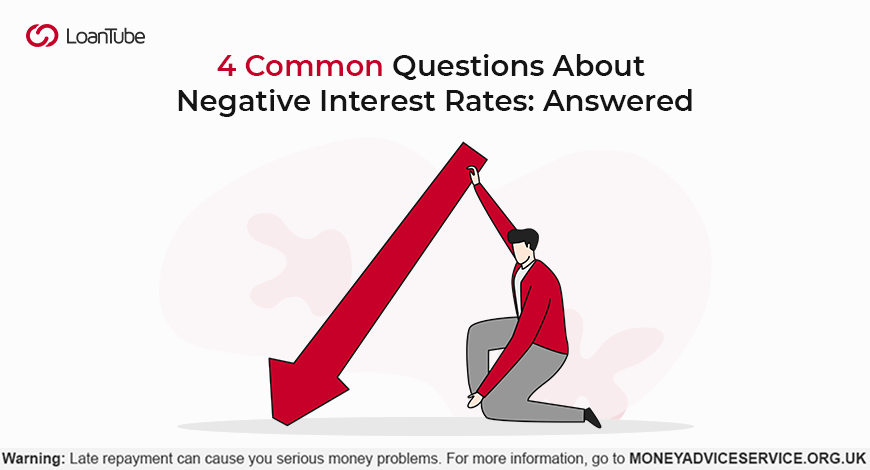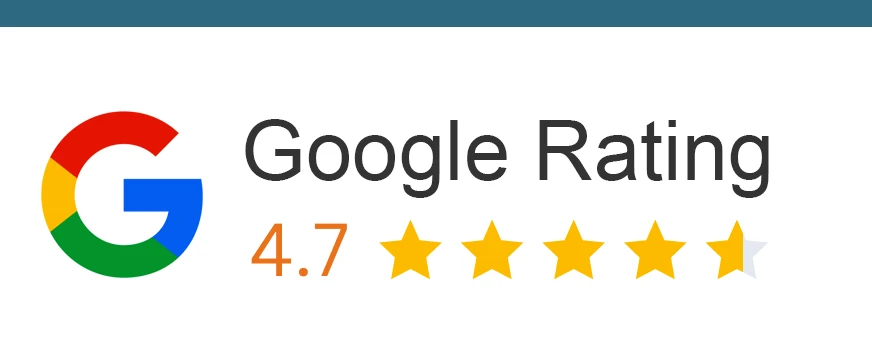The UK economy is struggling to cope up with the aftermath of COVID-19. To overcome the economic challenges, the BoE is considering making interest rates negative. The BoE recently asked banks how prepared they were to handle sub-zero interest rates. The idea of negative interest rates remains hypothetical, but ever since the BoE brought it up again, the concept has gained the spotlight.
Earlier this year, the BoE base rate plummeted to 0.10%, which has been the lowest in the BoE’s 326-year history. A negative interest rate would mean that this bate rate will touch the negative territory. The BoE base rate regulates how much interest the central bank can charge when financial institutions borrow money. The base rate also determines how much interest the central bank pays to financial institutions on the money they’ve secured with the central bank.
Now lenders and banks base their proposed interest as well as the interest they would pay on savings, on the BoE base rate. So negative interest rates certainly have an impact on all sects of the economy. We just need to study the holistic picture of how a sub-zero rate will influence us – as a nation and as citizens of the UK.
- Why is the BoE considering negative interest rates?
- How can negative interest rates bolster economic growth?
- How would negative interest rates affect the Britons?
- Can this hamper the functioning of banks?
Maximise your options: Compare and apply for loans below with LoanTube
Apply Filters
Why is the BoE considering negative interest rates?
- Ever since the great recession, many well-established economies brought their base rate to below zero. The European Central Bank and central banks in Japan, Sweden, Denmark, and Switzerland, have deployed negative interest rates to boost their economic growth.
- The UK economy hasn’t seen substantial growth in the past few years. The advent of the pandemic made the situation worse. Now to kick start the economic engine, a nation needs to start spending money. Negative interest rates aim to get the money out of the banks and pump it into the economy as loans and mortgages. Negative interest rates would encourage people to borrow money at low-interest rates.
- When interest rates go negative, people will have to pay banks to deposit their money, as opposed to the current system. People would get discouraged from depositing their savings in banks.
- The BoE is considering the idea of negative interest rates to help bolster the UK economy. However, the theory and practice of negative interest rates differ in the impact that it has on savers and mortgage payers.
How can negative interest rates bolster economic growth?
- This concept is based on the idea of uplifting the economy by encouraging banks to lend money. If banks don’t get some money out to lend, they’ll be charged by the BoE for holding their money.
- This mechanism also helps boost household and business spending. Just like the BoE would levy charges on banks, a bank would charge people who’ve deposited their savings with them. To avoid paying a charge on their savings, people would rather withdraw the money and perhaps spend it. Also, inflation may erode the value of your savings with the bank.
- Negative interest rates also make borrowing more affordable for the Government. This could help cut down the costs for the Chancellor’s Coronavirus aid.
How would negative interest rates affect the Britons?
Whether you’re a saver or a mortgage payer, the plummeting base rate will affect us all. Here’s how negative interest rates will impact us:
- Impact on Savers: Banks will have to pay a fee for keeping their money with the Central Bank. Banks should charge the same from depositors who’ve kept their savings with them. However, levying charges on savers seems highly unlikely, owing to the cut-throat competition in the banking sector. No bank would want to lose out on savings depositors. Although, banks may charge major industries and companies on their deposits.
- Impact on Mortgage Borrowers and Payers: Mortgages can be sub-categorized as ‘Fixed Rate’ and ‘Tracker’. Established commercial banks like HSBC and Barclays reduced their fixed rates to 1.39% and 1.5% respectively. Lenders offering tracker -mortgages will have to change their proposed interest rates to earn a greater margin, to compensate for losses incurred due to the declining rates. However, most Britons borrow fixed-rate mortgages, so a negative interest rate won’t be as much a sigh of relief as anticipated.
- Impact on loans and credit cards: Most personal loans have a fixed interest rate. As for credit cards, there are no reports to suggest how negative interest rates will impact the way credit cards charge interest.
Can this hamper the functioning of banks?
- A major threat that negative interest rates pose to banks is that it could nip their earnings. Negative rates will result in a cut in the money that a bank earns on loans, affecting their capacity to lend money. If not dealt with correctly, this could be detrimental to the UK’s financial architecture.
- The key to making it through the financial turmoil is keeping bank lending fluid and streamlined. The second concern is that savers won’t be keen on paying a charge on their deposits. So they’d rather stash their cash safely, at home, which could have a knock-on effect on the UK’s financial stability.


